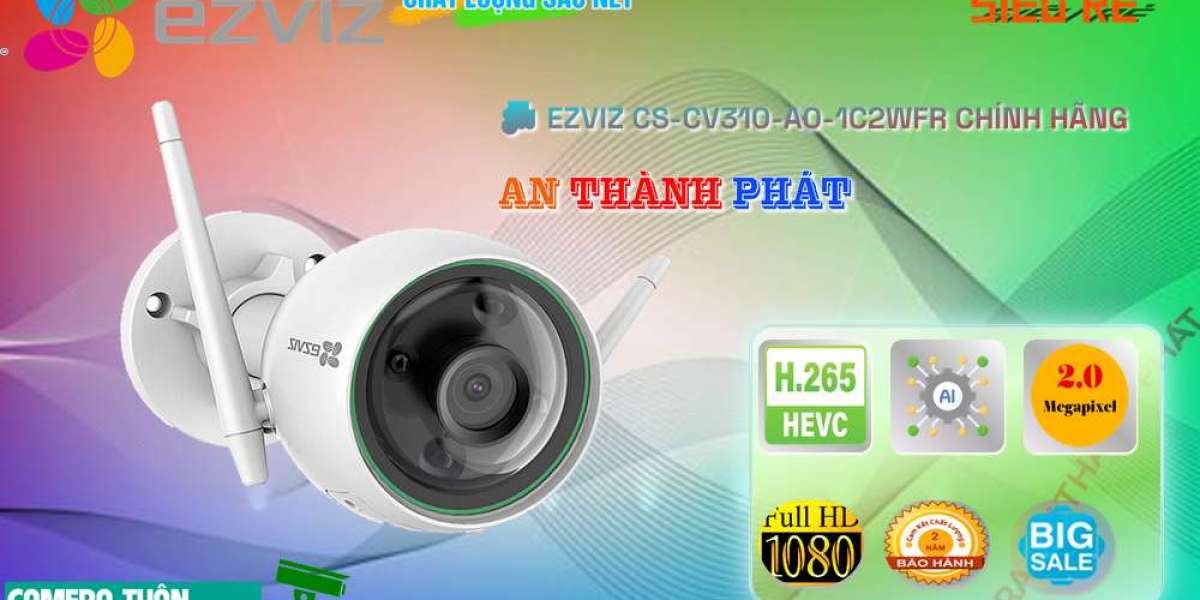In the dynamic world of digital marketing, nano and micro-influencers are becoming increasingly pivotal. Unlike their macro counterparts, these influencers, with their smaller but highly engaged audiences, offer authenticity and a personal touch that many brands find invaluable. As the landscape evolves, several emerging business trends for nano and micro-influencers are shaping how they operate and collaborate with brands.
Increased Brand Collaborations
One significant trend is the rise in brand collaborations. Companies are recognizing the value of partnering with nano and micro-influencers to reach niche markets. These influencers often have a more dedicated follower base, allowing brands to engage with a highly targeted audience. This targeted approach leads to higher conversion rates, making nano and micro-influencers a cost-effective marketing strategy.
Focus on Authentic Content
Another trend is the emphasis on authentic content. Audiences today crave genuine connections and are more likely to trust influencers who share personal, relatable experiences. Nano and micro-influencers excel in this area, often sharing more intimate glimpses into their lives and creating content that resonates deeply with their followers. Brands are leveraging this by encouraging influencers to produce content that feels natural and unscripted.
Diversification of Platforms
With the ever-changing social media landscape, diversification across platforms is also emerging as a crucial trend. Nano and micro-influencers are expanding their presence beyond traditional platforms like Instagram and YouTube to include TikTok, LinkedIn, and even niche forums. This diversification allows influencers to tap into various audience segments and provides brands with multiple touchpoints to engage potential customers.
Data-Driven Strategies
Lastly, the adoption of data-driven strategies is gaining momentum. Nano and micro-influencers are increasingly utilizing analytics to understand their audience's preferences and optimize their content. Brands are also using data to identify the right influencers and measure the impact of their campaigns. This analytical approach ensures that collaborations are more strategic and results-oriented.
In conclusion, the business trends for nano and micro-influencers are evolving rapidly. Increased brand collaborations, a focus on authentic content, platform diversification, and data-driven strategies are shaping the future of influencer marketing. By staying abreast of these trends, nano and micro-influencers can continue to thrive in the competitive digital marketing landscape.








